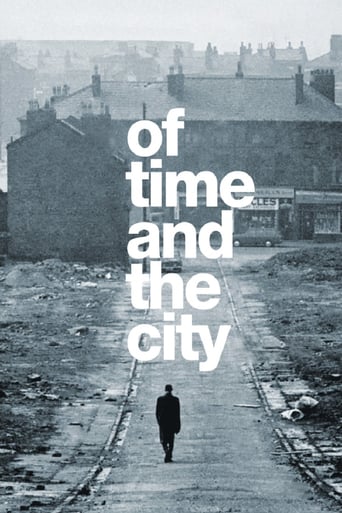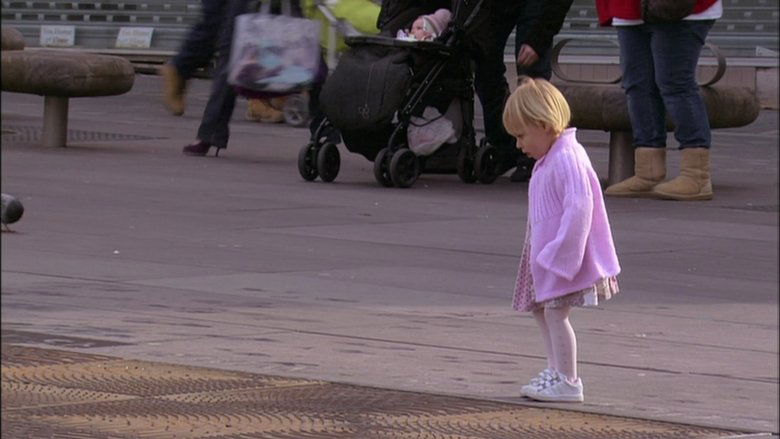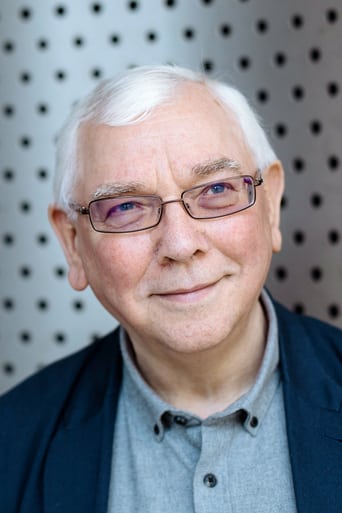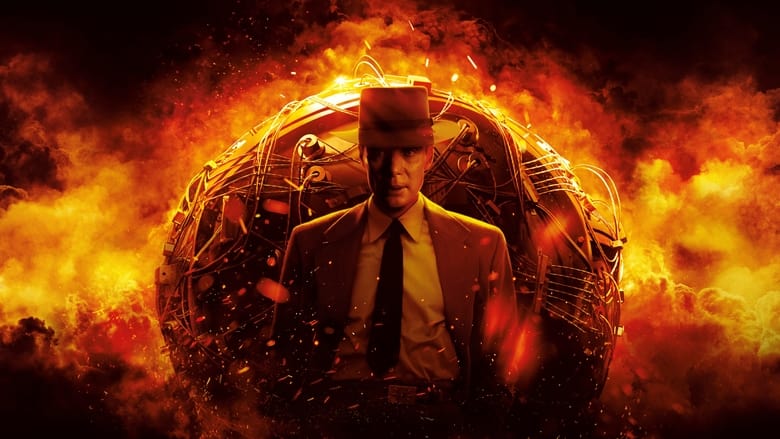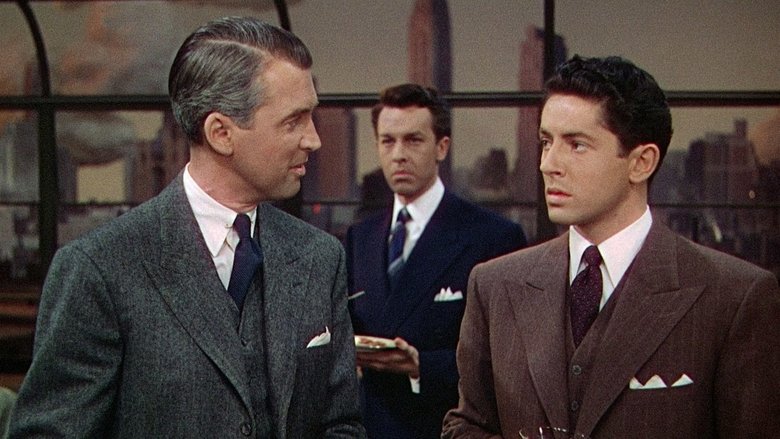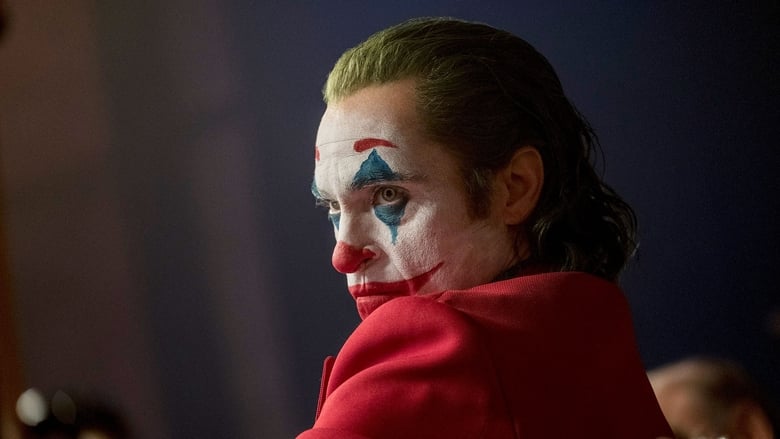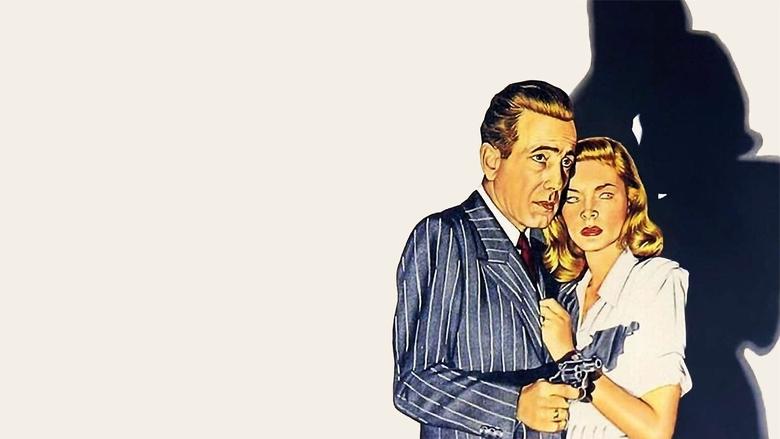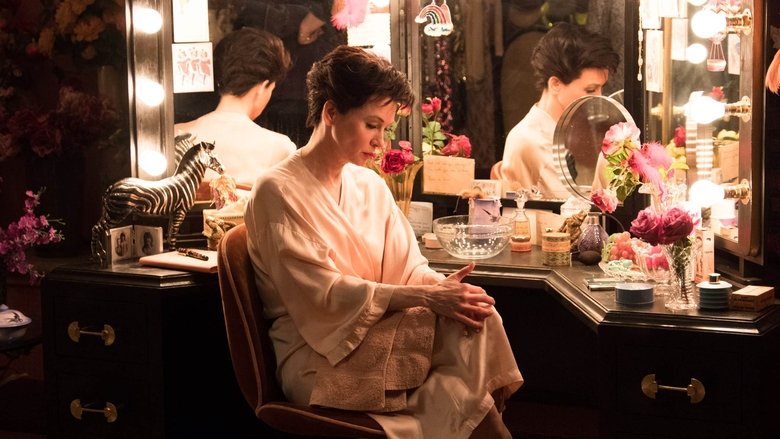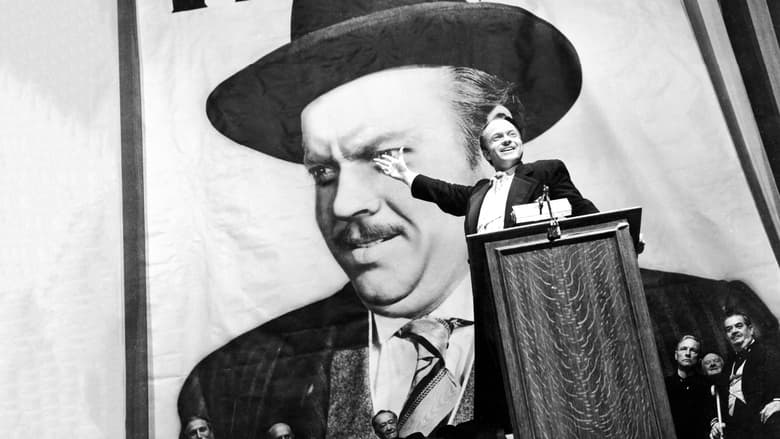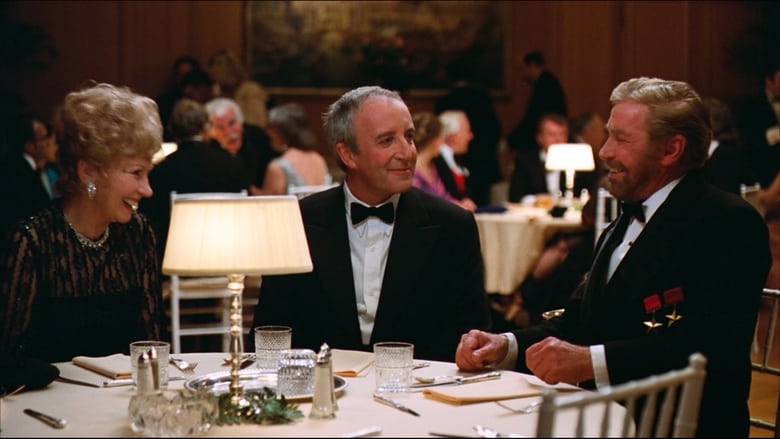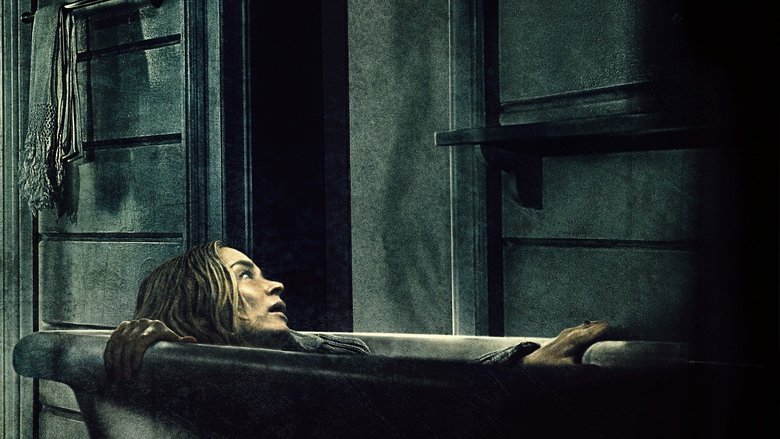British director Terence Davies reflects on his birthplace of Liverpool - his memories of growing up there and how it has changed in the years since - in the process meditating on the internal struggles and conflicts that have wracked him throughout his life and the history of England during the second half of the 20th century.


Similar titles

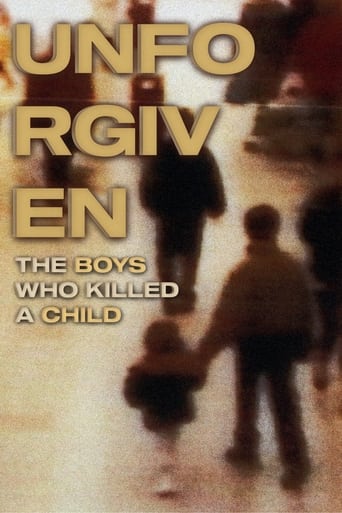
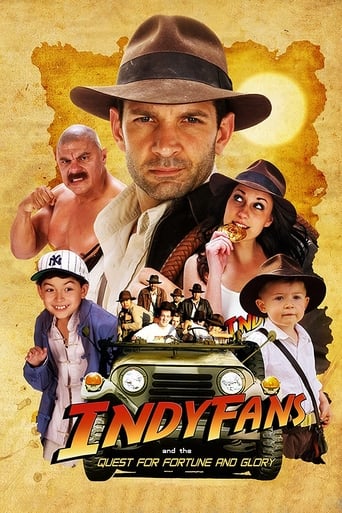
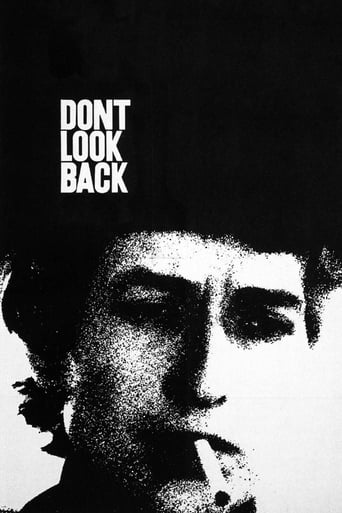
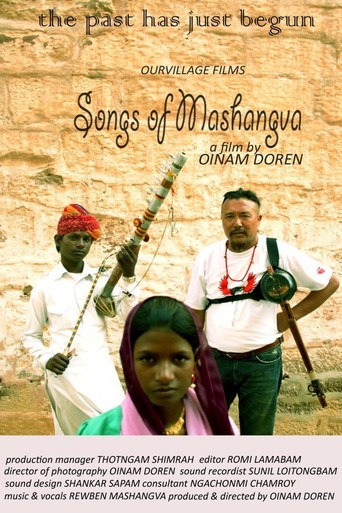
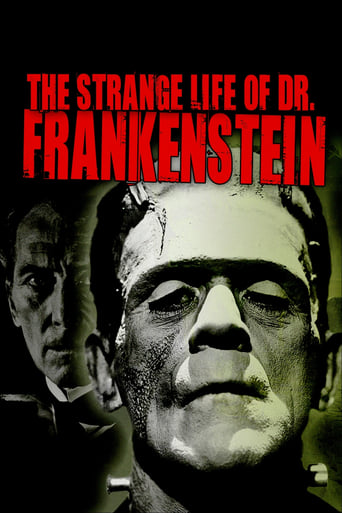
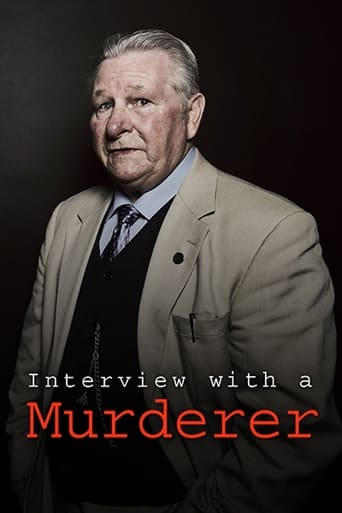
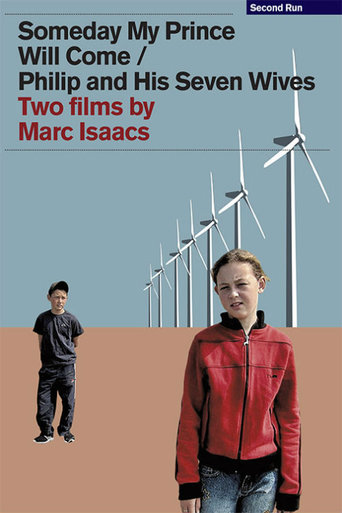

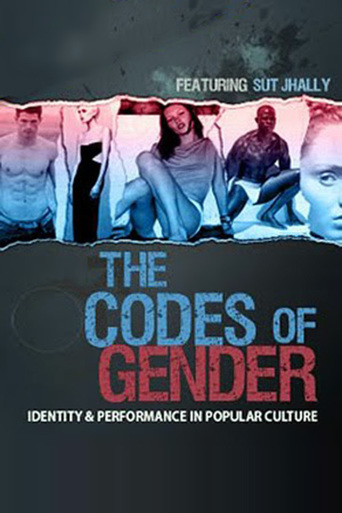
Reviews
Terrence Davies look at Liverpool and himself takes the form of a tone poem on film. Its a wonderful mix of sound and image and commentary that all comes together to make something special.I don't know what to say about this film other than see it. I say that because this is a very hard film to talk about except unless you've seen it. The reason for this is that there really isn't a narrative as such more the flow of time with the result that I can't talk about sequences and such because its hard to say how they all fit together.I will say that this film wonderfully creates a feeling of being in Liverpool over the course of time thanks to a skillful blend of new and old footage. Rarely does a film make one feel that one has actually been to the place its about.If I have any reservations about the film its that Davies commentary sometimes takes a snide turn. Its not that I have a problem with how he says views the Royal Family, rather its that in changing his tone he changes the cadences of his words and their delivery and the magic spell he so carefully weaves breaks for an instant.A wonderful film that's best seen in a dark room on a big screen with no distractions.
Of Time and the City (Terence Davies, 2008) - The fifth feature from Britain's greatest living director, Terence Davies, was shot for just £250,000 as part of Liverpool's European Capital of Culture celebrations. His first movie since 2000, it followed years of failed, thwarted projects. Anyone familiar with Davies' work will recognise his pet concerns here, as he uses the city as a canvas on which to paint memories of childhood and lost innocence. He no longer recognises the city; barely recognises himself. Davies delivers an intensely personal voice-over that's tragic, verbose (he has a nice turn of phrase) and ripe for parody, offering one part incomprehensible wordiness to every dose of pithy poetry.Some have hailed this as the director's greatest achievement, but it is only when Davies stops yapping and dedicates himself to those unparalleled fusions of music and nostalgic visuals - passages of lyricism, irony and sorrow - that the film really approaches the brilliance of his earlier work. The sequence set to Peggy Lee's The Folks Who Live on the Hill, charting the move from terraced housing to the false dawn of high-rise blocks, is one of the best things he has ever done. Oddly, though, the continuation of that thread, which seems to stress the terrible human cost of such schemes as young children return to the hellish towers, is interrupted by Davies going on about municipal architecture being a bit of an eyesore, comprehensively undercutting the effect. On second viewing, Of Time and the City looks the same as first time around - only more so. It's erratic, lurching from truth to redundant repetition, though when it works, it's glorious.
Luckily it was only 77 minutes. This documentary on Liverpool, UK, during the 20th century had potential, but it was like watching a college student's project instead of the work of a 64 year old man. The archival footage was interesting, but the negative, cynical poetry of TS Eliot and James Joyce was very depressing and dark. Here is footage of smiling beautiful Brits going about life and being happy with friends and family, and happy playing children, despite living in a poor city, and the heavy dressing poetry being read over it was ridiculous. Try living in a tough, diverse American urban center, with rampant crime & conflict and then you'll have something to complain about. The poetry was hard to understand too, and no captions available. It is pretentious to prove you are literate by using Joyce or Eliot's words (or whoever the poems were by - there was no attribution), despite them being very whiny, cynical, negative and depressing.It was boring to me and to my male friend. We didn't think it was cute or clever to call Queen Elizabeth and Prince Philip, 'Betty and Phil" and to be so critical of the Royal pomp & pageantry while adoring Hollywood glitter and pomp. The commentary was unwise, immature, cynical and depressing. The special features were BORING too. Everyone is kissing butt of the director because of past work, but this movie was like a POV show on PBS.The director could have focused on any number of beautiful things about life in Liverpool, including the beauty of the townspeople, instead of the depressing drone of complaints. I recommend to miss it or watch the footage with the sound off. One other point: in the special features they mention more than once that the song The Folks Who Live on the Hill was "BY" Peggy Lee. She sang it, but it was written "BY" Oscar Hammerstein II and Jerome Kern.
On BBC TV there is a regular half-hour programme called 'Grumpy Old Men', on which the likes of Arthur Smith, Noddy Holder, and others - within the 45-60+ group - let rip about the state of modern society and, usually, how it was so much better in their days. After watching this diatribe from Mr Davis it would not surprise me to see him turning up on a later series of the programme due to the fact that this film, poetic as it may have been, came across as no better than a glorified 76 minute version of it.This is not to say that the film does not have its moments, because it most certainly does. When he is riling against the British Monachy, or religion - the Catholic church in particular, the film comes alive even if you disagree with what he is saying, maybe even finding it offensive. But the trouble with the film is that these moments are few and far between, and too much time is taken up with dull, pointless views of dull, pointless buildings, often making blindingly obvious points that have been many times before (yes, we know the high-rise homes very quickly disintegrated into slums that were no better, and often worse, then those back-to-back terrace houses they replaced).When it came to the people of Liverpool the shots he included again seemed to be those we have seen 100's of times before on other, better, documentaries about the city. Kiddies playing in the streets, playgrounds full of swings and slides etc, etc... yes, yes, we know it was all so much better then - apart from the increased infant deaths, illnesses caused by poverty and poor diet etc! Then comes the music! How can Mr Davis dismiss the Beatles and the whole of the Mersey sound in just a few fleeting moments, and pretty damning moments as well. Does he not realise that these pop/rock groups, along with Liverpool and Everton FC's, did more to put the city of Liverpool on the map, rising its profile across the globe and helping it to recover its pride and place in the world following on from the collapse of its traditional industries than any other thing? The legacy of that period is still felt today, be it in the eternal popularity of the Beatles and other groups from the 1960's, the modern classical stylings of Sir Paul McCartney, McCartney's legacy to the city in LIPA, or the recent pop and rock sounds of such groups as The Zutons etc, and this is something that Mr Davis should have acknowledged in this film.Before watching this film I had viewed the new Clint Eastwood film 'Changeling', which has a running time of some 2 1/2 hours, yet that film seemed to last about half that time, whilst this film runs for just over 76 minutes and yet seemed much, much longer. Mr Davis is a very talented film maker, as films like 'The Long Day Closes' have shown, and surely it was not beyond his fierce-some intellect to create a fictional film in which his sentiments could have been expressed in a much more entertaining way. Maybe now he has got all this off his chest he will get back to doing what he does best and give us a film worthy of his talents next time round.
